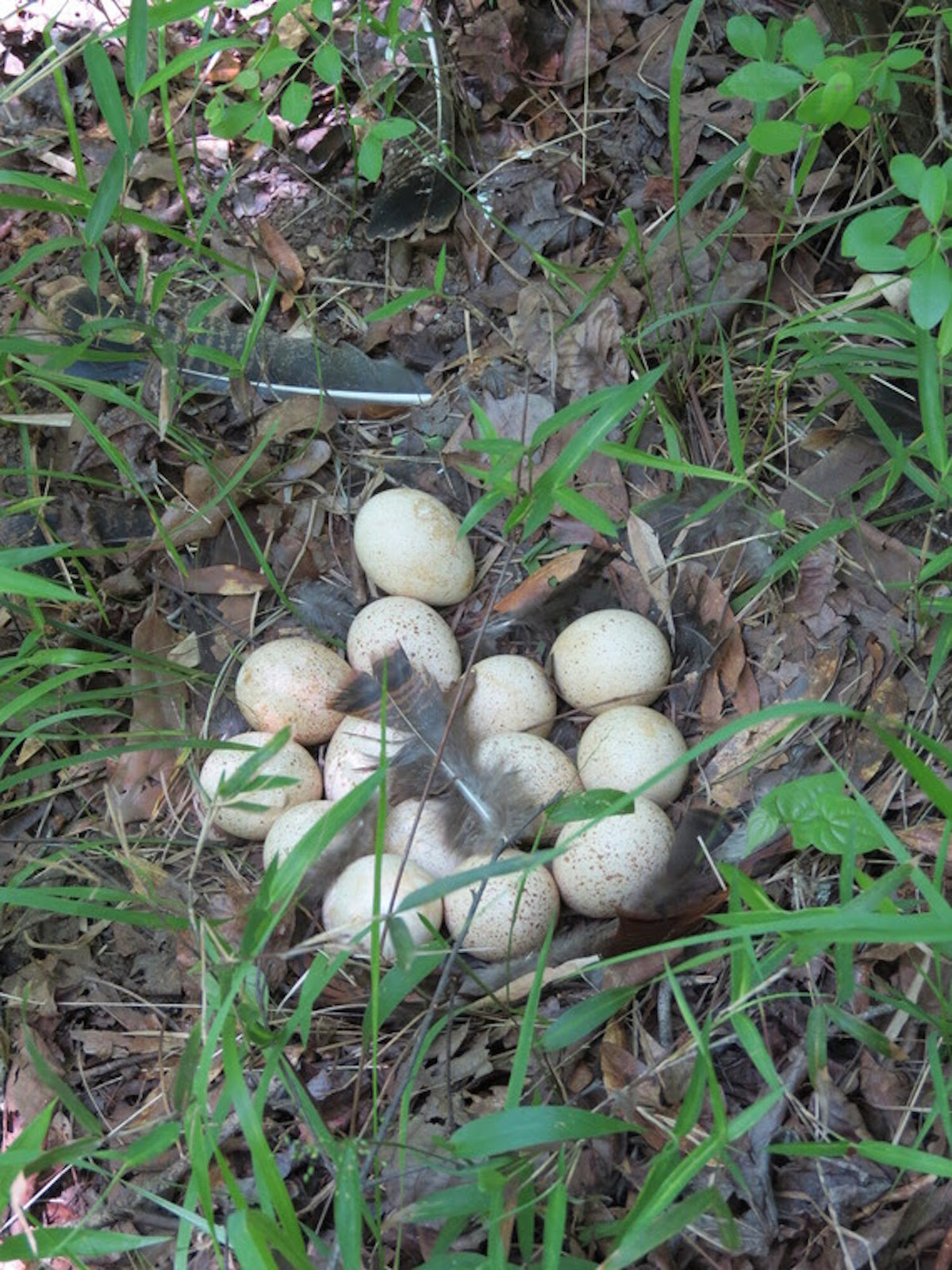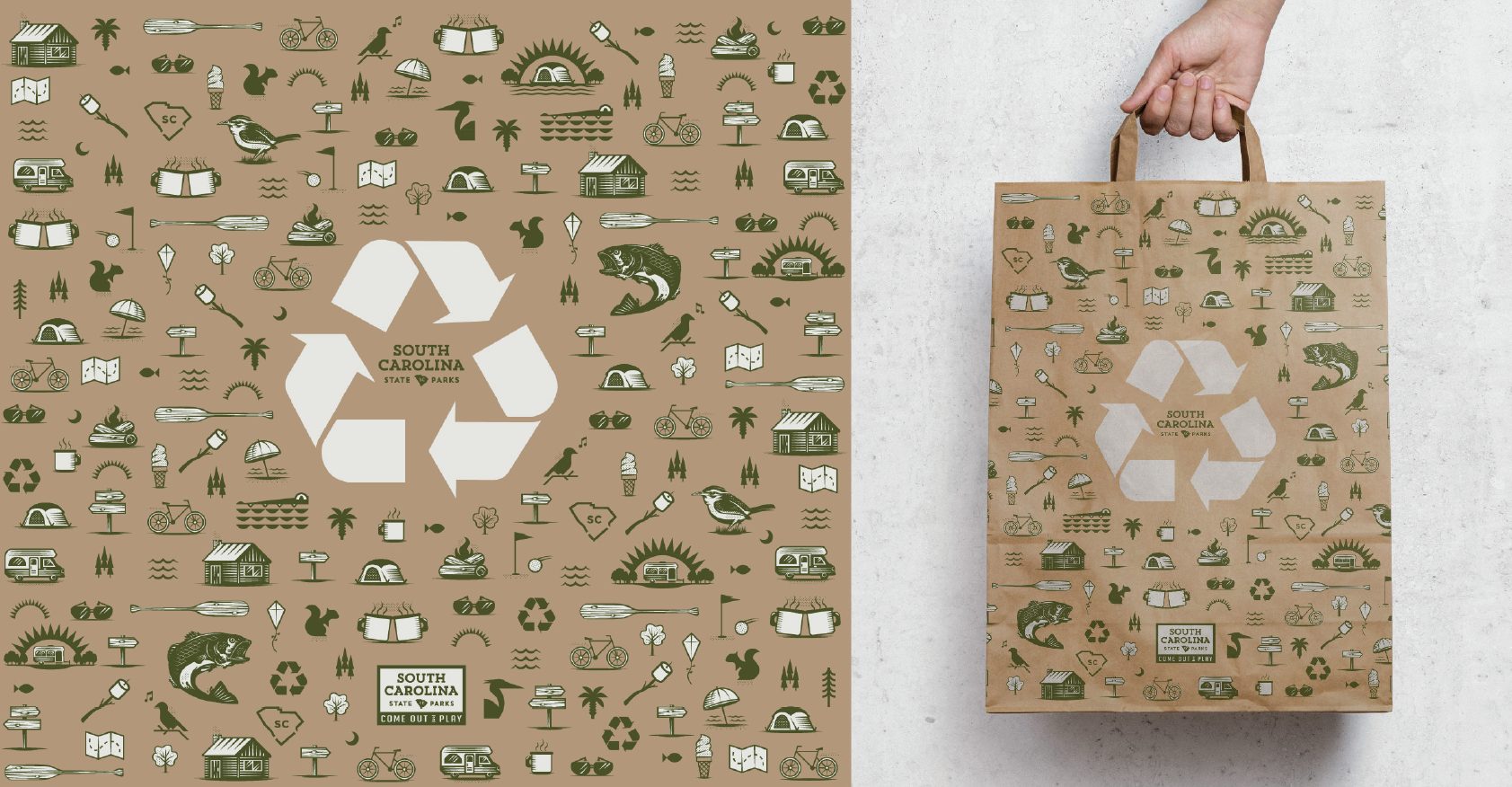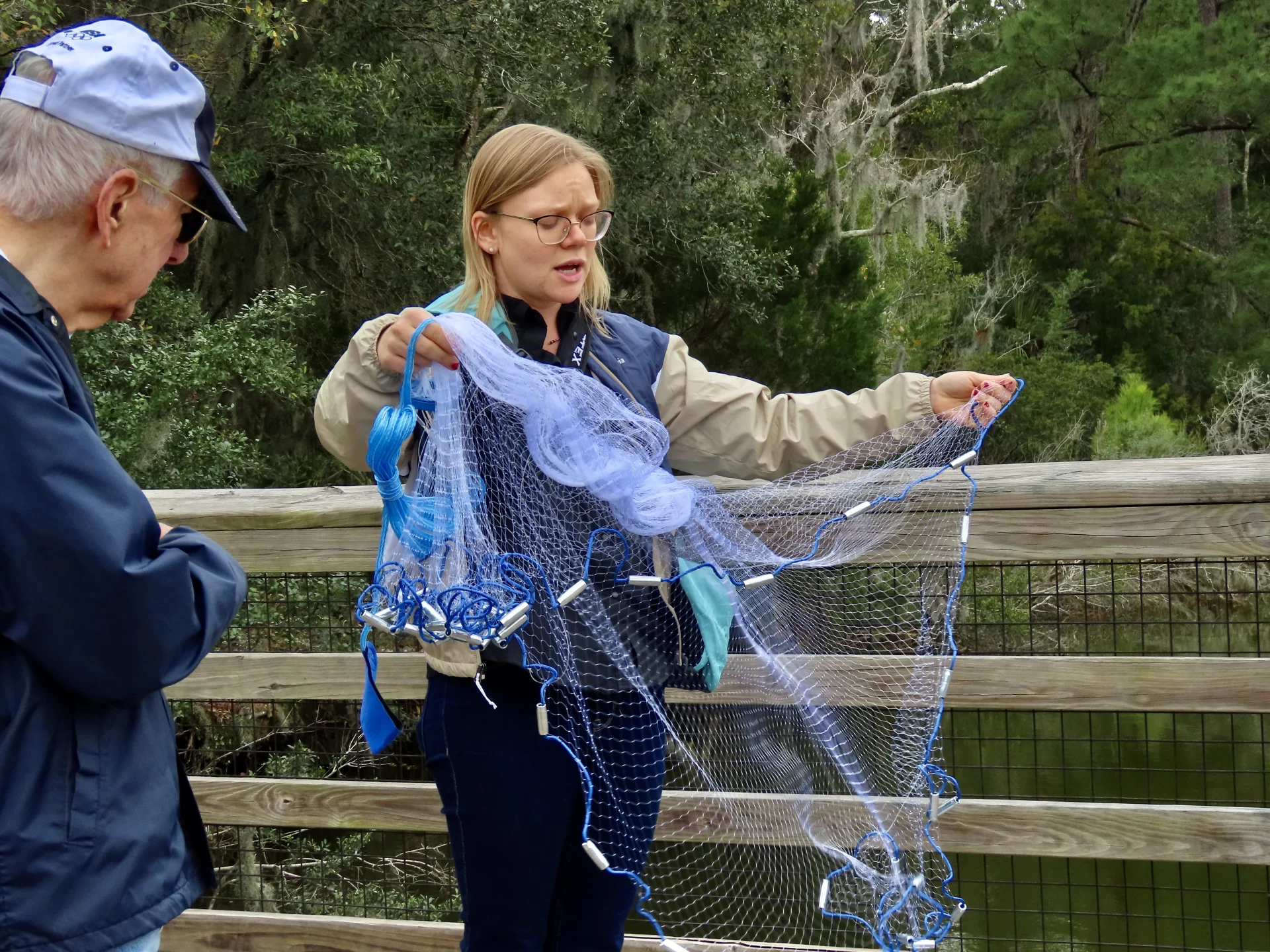By Mindy Lucas
Since when can a pair of birds hold up construction in a highly anticipated public park?
When you’re the mighty Bald Eagle, that’s when.
As the country’s national emblem since 1782, the American Bald Eagle is protected under the Bald Eagle Protection Act of 1940. So when a Bald Eagle’s nest was discovered in the southwest corner of Whitehall Park in December of 2020, park planners took immediate action.
“As soon as we were made aware, I got a (latitude/ longitude) on the nest tree, reported conditions to the S.C. Department of Natural Resources (SCDNR) and discussed construction scheduling adjustments with the park planning team,” Beaufort County Passive Parks Manager Stefanie Nagid said in an email.
Once on the endangered species list, the majestic birds of prey have made a celebrated comeback in recent decades. In fact, in South Carolina active eagle nests have grown from just 30 in the late 1970s to more than 220, according to a 2019 report from The Nature Conservancy.
Based on the size of the Whitehall nest, it appears the eagles began building their new home in the winter of 2019. It was not there in 2018, Nagid said.
“It’s a new nest location for the state, and the data has been provided to SCDNR for their eagle nest database,” she said.
In fact, the department encourages anyone who thinks they may have discovered a new nest to report the information online at www.dnr.sc.gov/wildlife/baldeagle/locations.html.
In addition to reporting the nest to wildlife officials, Nagid said at a recent city council meeting that the county has to follow federal guidelines and cannot do any construction in the park during nesting season.
Since nesting season is between Oct. 1 and May 15, that means construction will have to wait until May of 2022, Nagid said.
However, park planners can move forward with permitting and minor construction such as installing park signs or fencing, she said.
Asked what she thought of the park’s recent addition to its already vast natural resources?
“It is always great to know protected species are using the passive parks,” she said.







